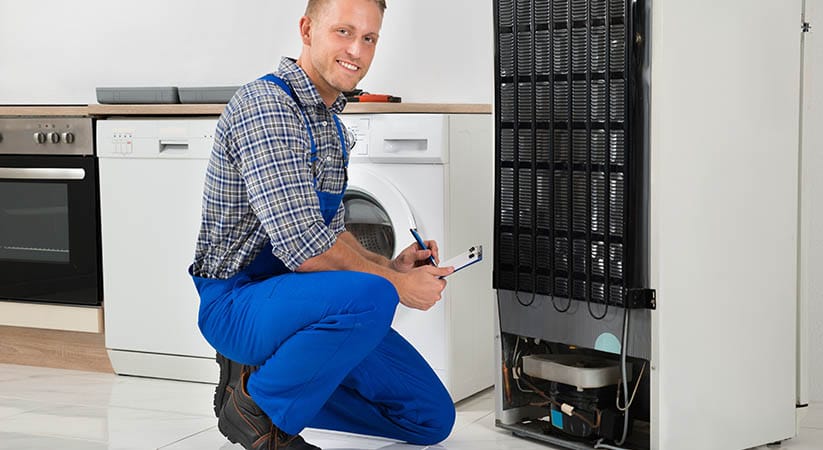Over the last decade, heat pumps have grown incredibly in their popularity. This is primarily because they tend to cool and heat the homes up very efficiently. However, a big number of people do not understand how heat pumps work. As a result of this, they often have to call in heat pump repair services, since their units do not work in the best conditions.
In case you own a heat pump or are planning to buy one, but do not know enough about how effective they are, consider using this buying guide. It can help you in becoming more familiar with them. So, in case you end up having them installed in your house, you will be able to save a lot on your bills.
Just like air conditioners, a heat pump relies on the principles of refrigeration as compared to fuel combustion. Using these principles, it is able to cool and heat both. When they are in a cooling mode, they act like air conditioners. Here, they extract the heat from the inside and expel this heat in the surroundings outside. However, when they run on a heating mode, this process gets reversed. Here, they draw the heat (even from a cold outdoor space) and warms the interiors.
Should you get a heat pump for your house?
Well, whether or not a heat pump is suitable for your house, will depend on a wide range of factors. Firstly, it will depend on the climate that you are living in. Furthermore, it will also depend on what fuel is common in your locality. Furthermore, the insulation features of your house will also come into play here.
In general, heat pumps are not considered to be good for colder climates. This is because when they are working on the heating mode, they tend to save the most energy. If the climate is very cold outside, the house will need a greater amount of heat to get warmed up. In comparison, a lower temperature outside will make the heat pump work even harder to extract any heat. Hence, they are not suitable for people who live in colder climates.
In case you have natural gas available in a cold climate, it would be much better to heat the house using forced-air heating or air-conditioners. In this regard, a gas furnace that makes use of natural gas will be much efficient and far less expensive as compared to electricity.
Efficiency ratings
All types of cooling and heating devices have an efficiency rating. In the case of a heat pump, it is referred to as:
SEER Rating
Seer simply stands for seasonal energy efficiency rating. These ratings come from very sophisticated tests. They are a reflection of the performance of the appliance throughout the season.
SEER basically evaluates the heat pump’s efficiency in the cooling mode. This ratio comes from the amount of cooling that the heat pump generates (in BTU) and is divided by the amount of electricity that it uses in that cooling season. In the case of a high SEER rating, the unit will have a high energy-efficiency.
In general, air-conditioning units in the United States must have a SEER of 13 on the minimum. Moreover, heat pumps that are Energy star-qualified have a higher SEER. Hence, they are 8% more efficient.
Conclusion
Heat pumps can be very efficient. However, this does not mean that they will necessarily work great for you. Furthermore, they are sensitive appliances. So, expect to get heat pump repair McLean at least once in a year or so. Though this may also depend on how much you are using the heat pump.

